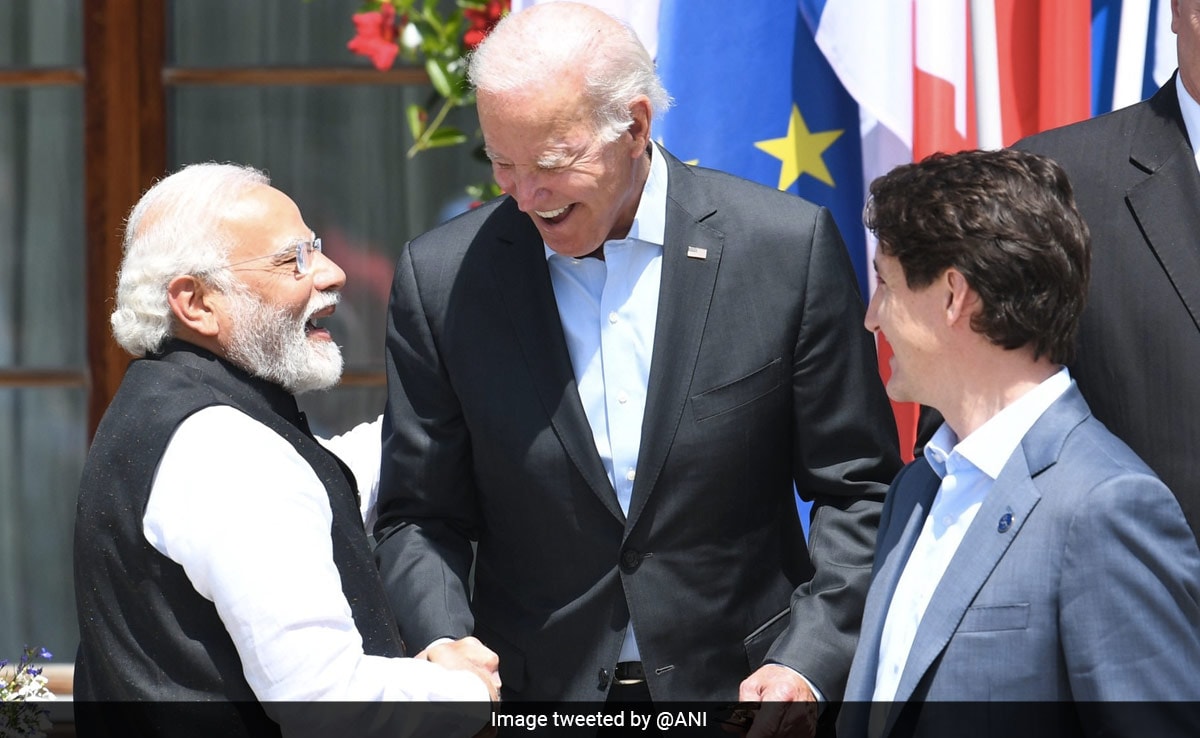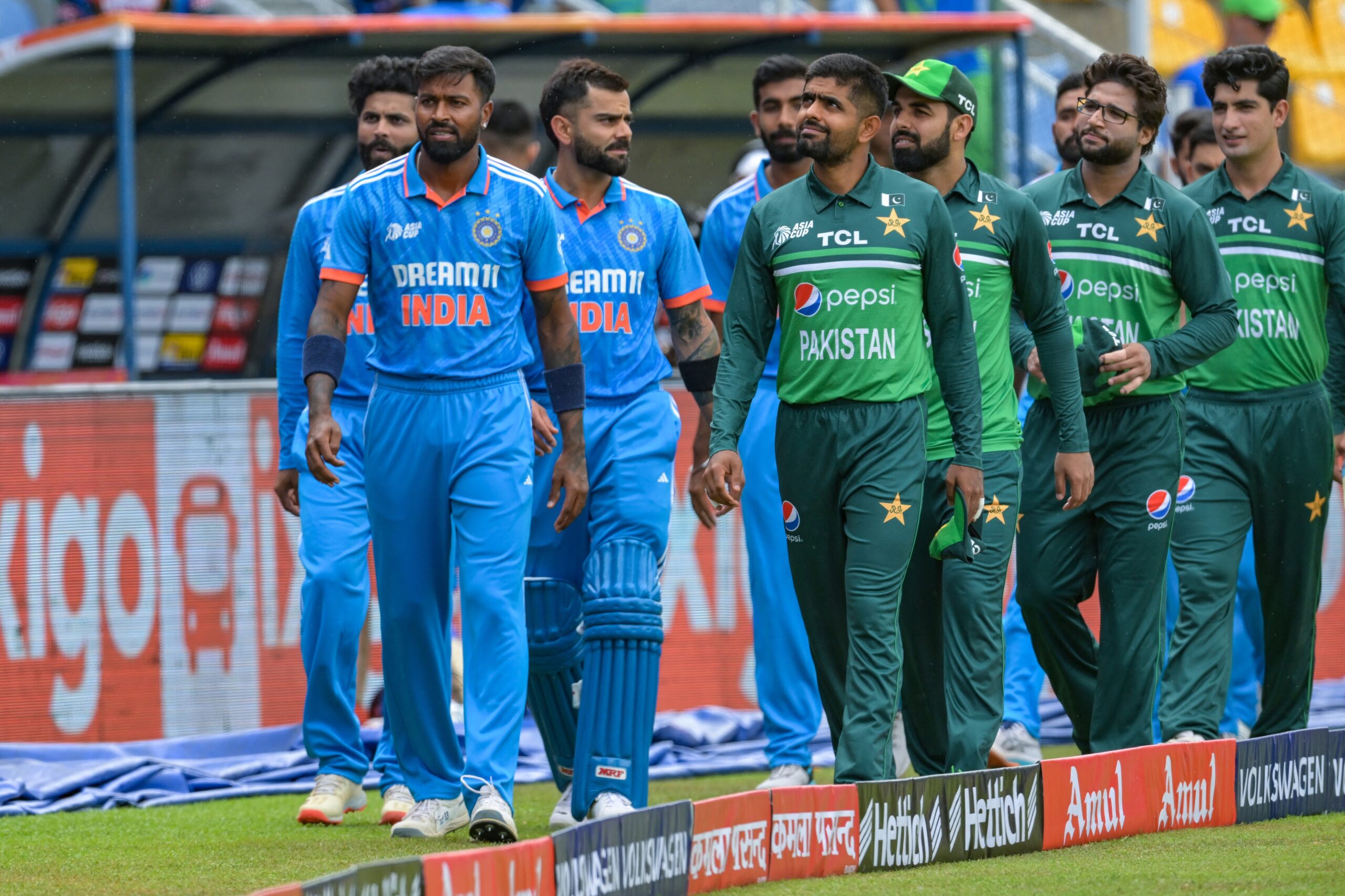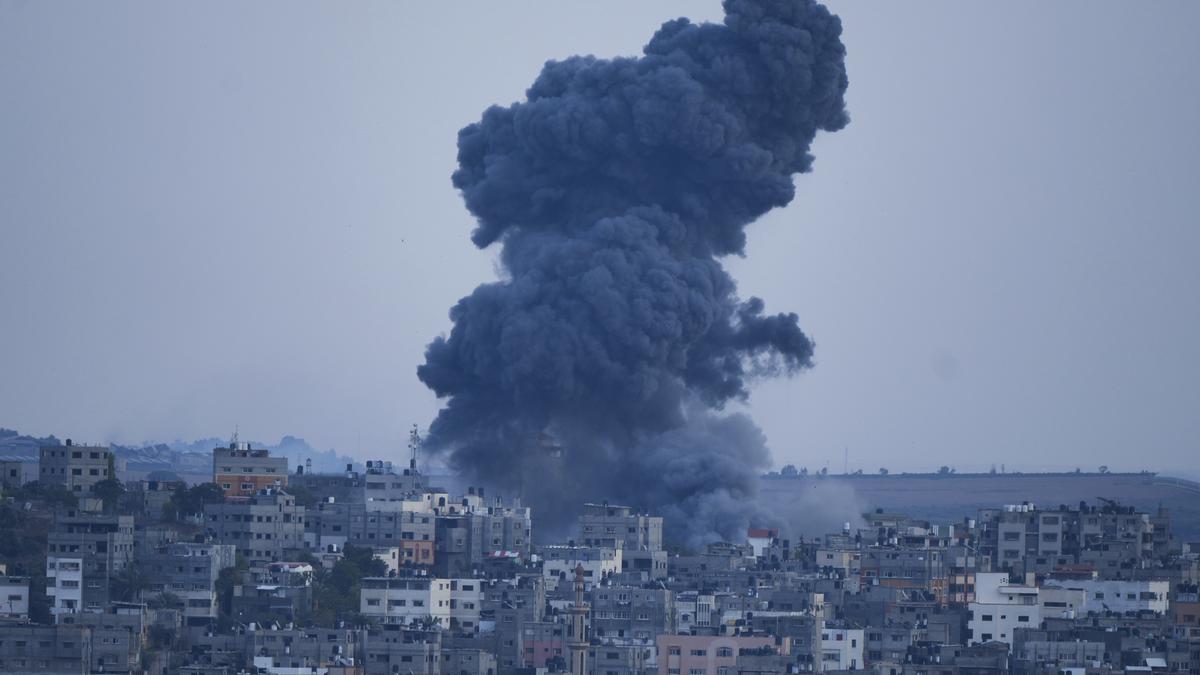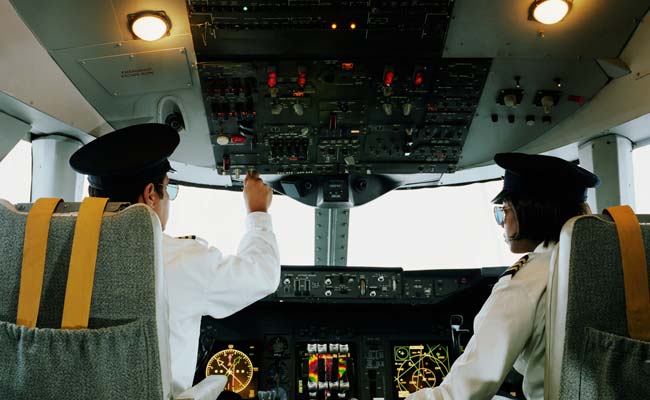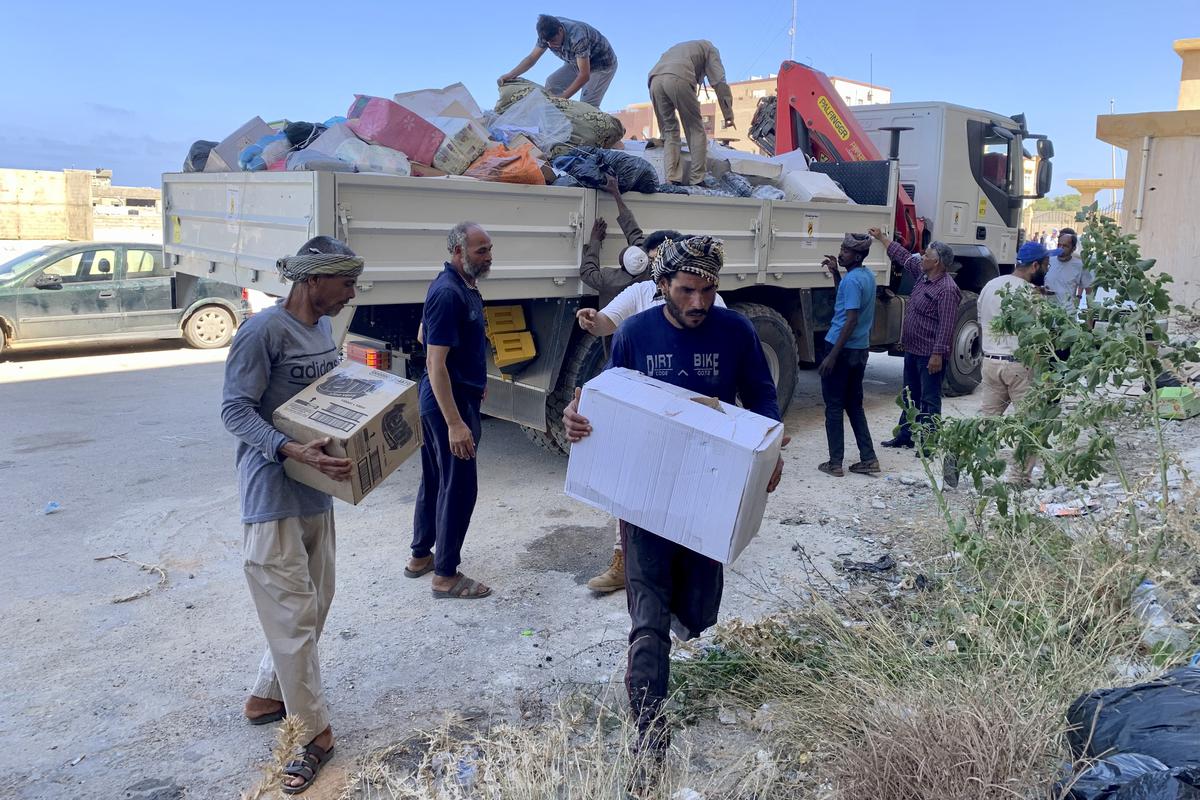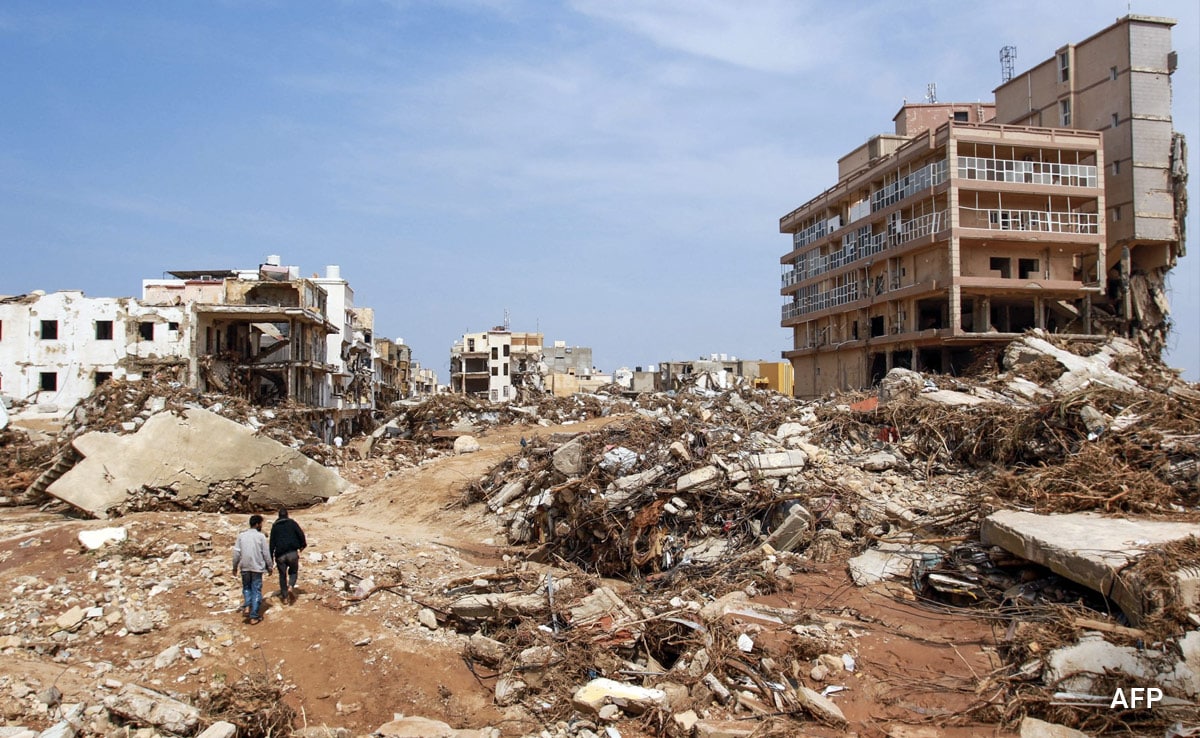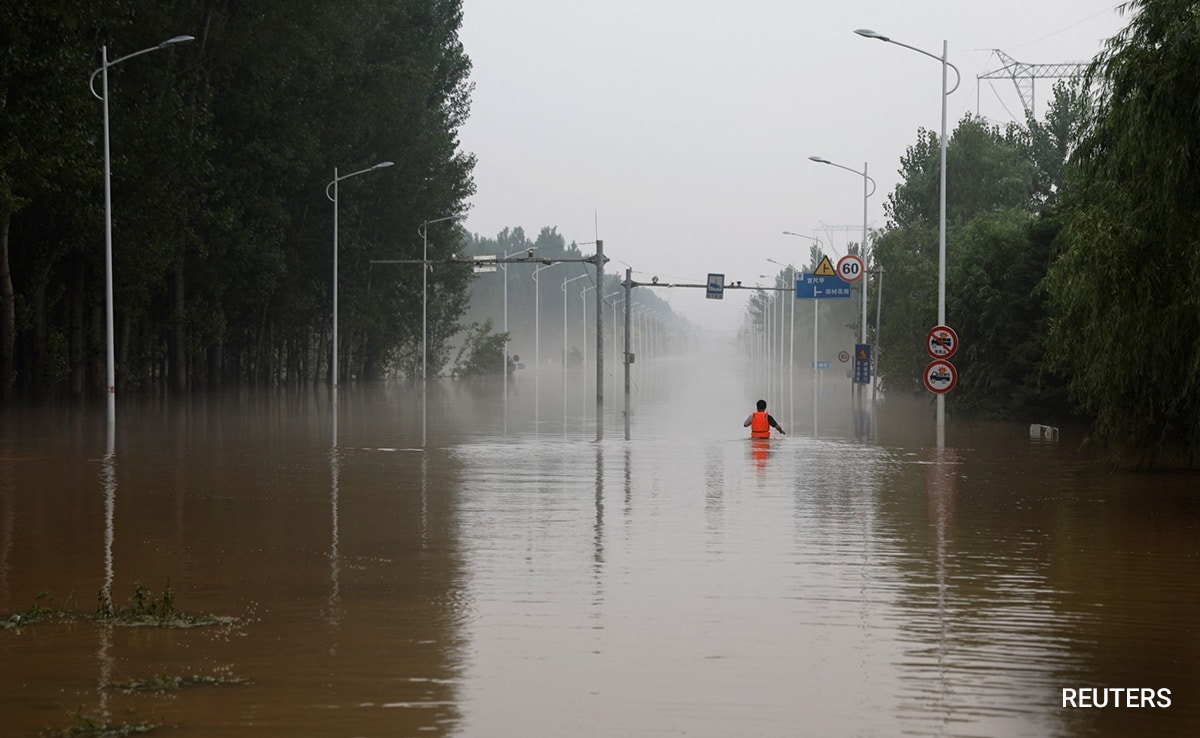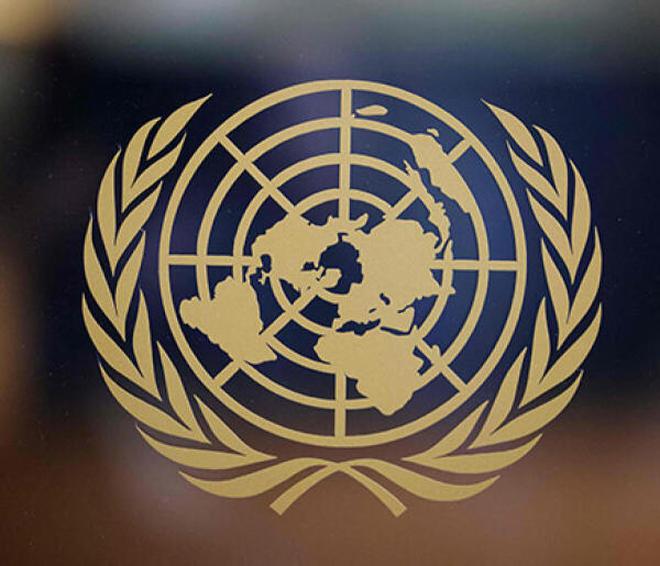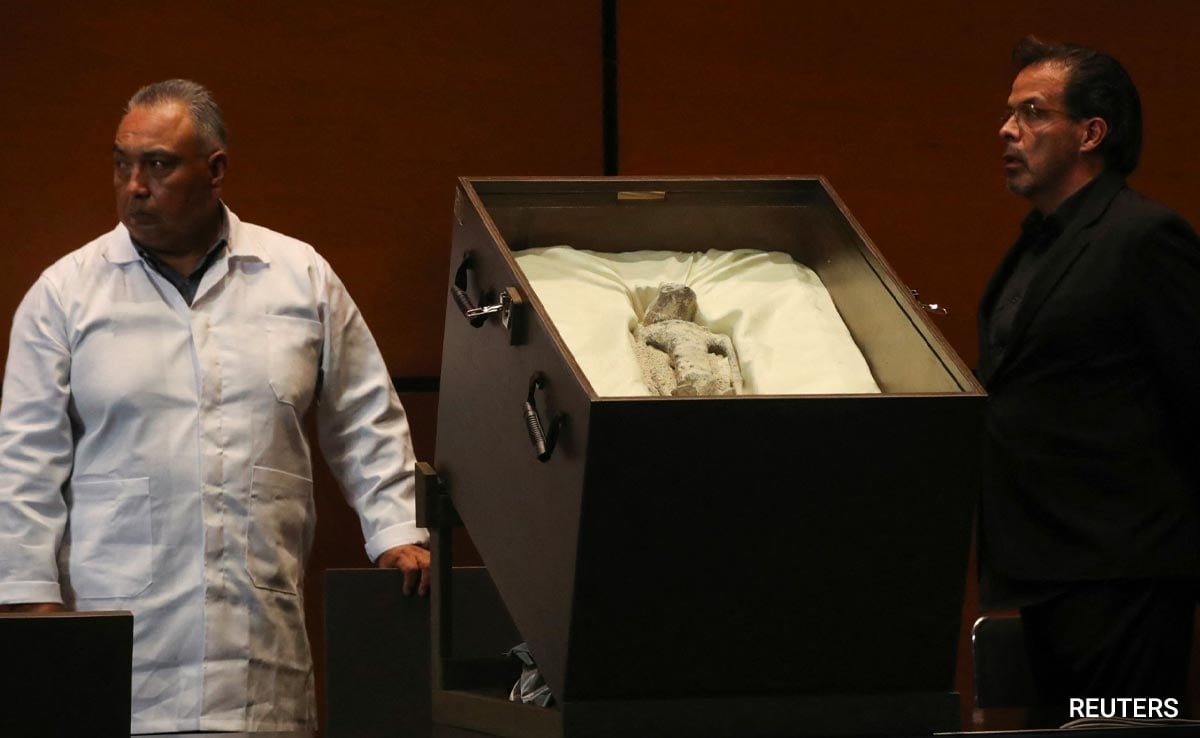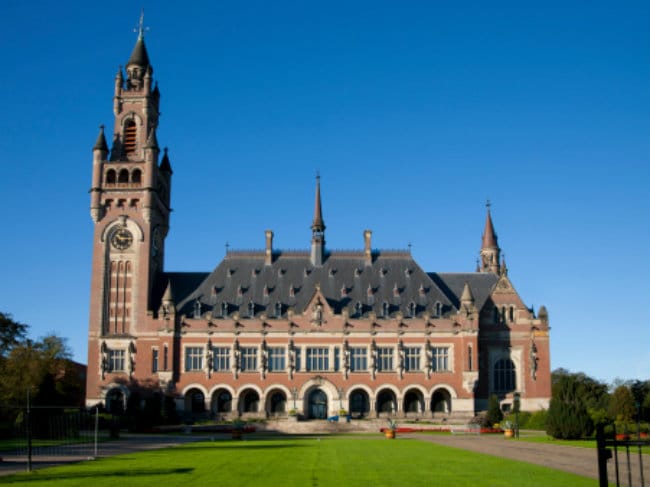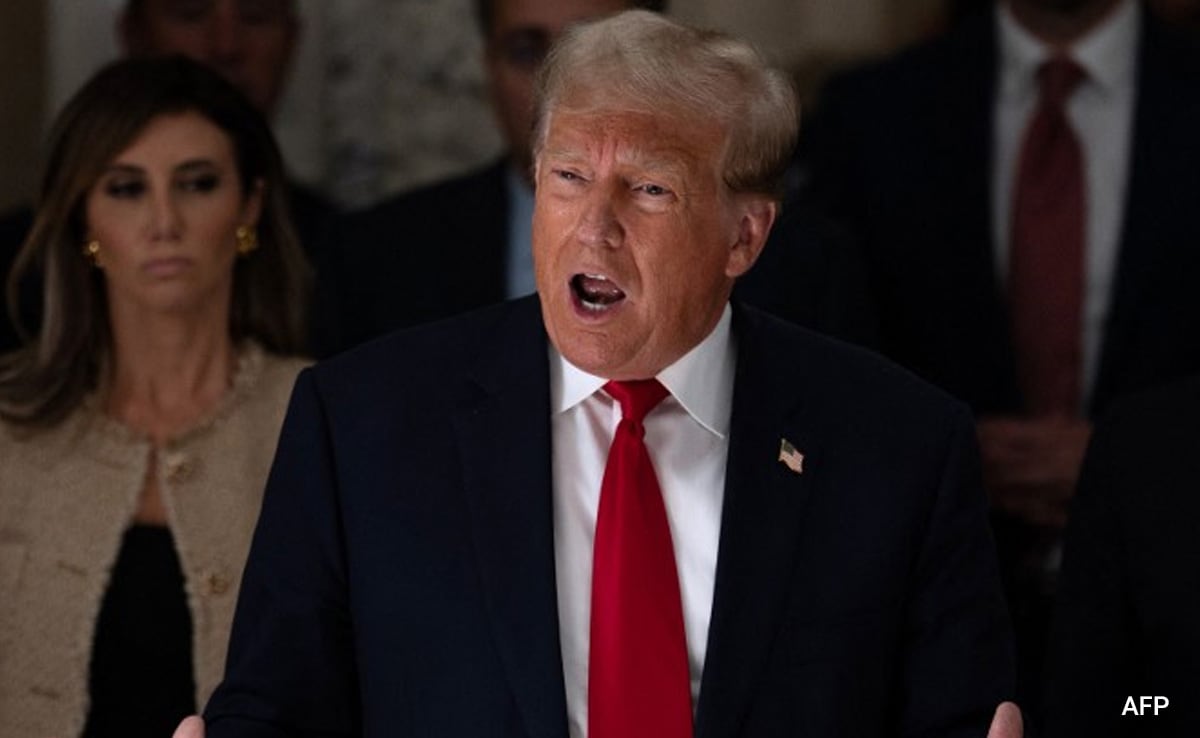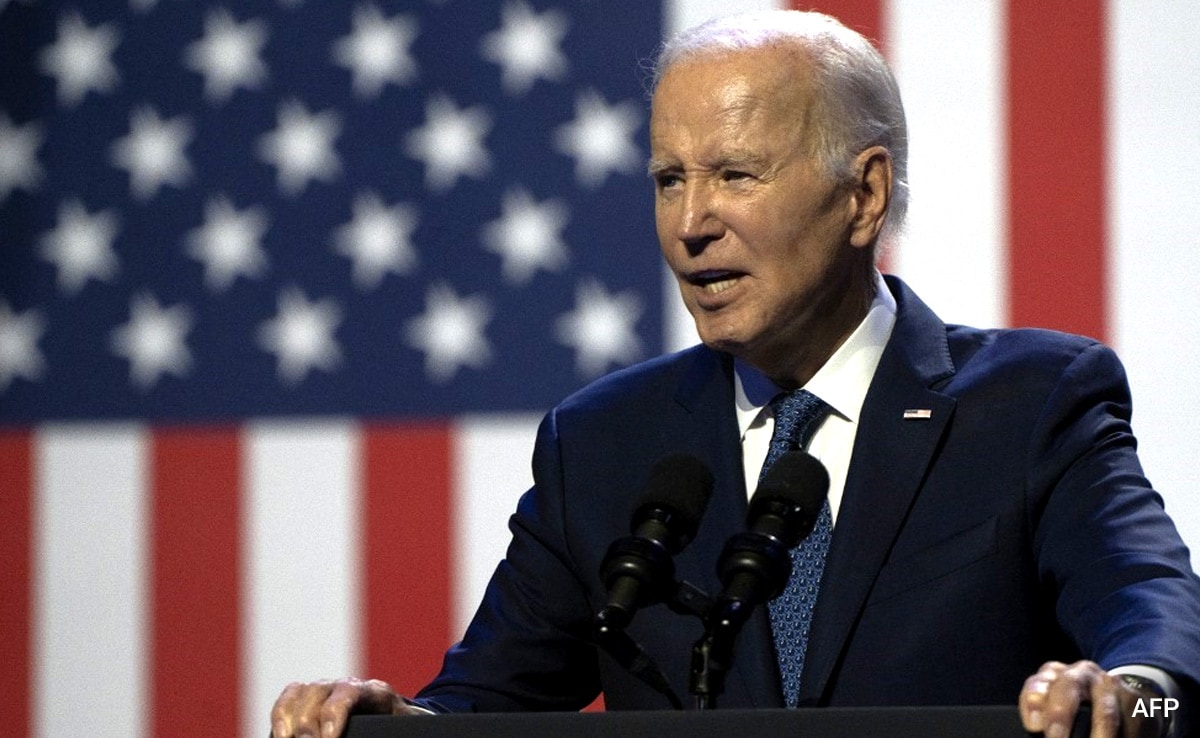Israel battered Gaza on October 8 after suffering its bloodiest attack in decades, when Hamas fighters rampaged through Israeli towns killing 600 and abducting dozens more, as the spiralling violence threatened a major new war in West Asia.
Israeli air strikes hit housing blocks, tunnels, a mosque, and the homes of Hamas officials in Gaza, killing more than 370 people, including 20 children, as Prime Minister Benjamin Netanyahu vowed “mighty vengeance for this black day”.
In a sign the conflict could spread beyond blockaded Gaza, Israel exchanged artillery and rocket fire with the Lebanon-based Iran-backed Hezbollah militia. In Alexandria, two Israeli tourists were shot dead along with their Egyptian guide.
Gunbattles continue
In southern Israel, Hamas gunmen were still fighting Israeli security forces 24 hours after a surprise, multi-pronged assault of rocket barrages and bands of gunmen who overran army bases and invaded border towns.
Follow live updates here
“My two little girls, they’re only babies. They’re not even five years old and three years old,” said Yoni Asher, who had seen video of gunmen seizing his wife and two small daughters after she took them to visit her mother, he said.
Israel’s military, which faces questions over its failure to prevent the attack, said it had regained control of most infiltration points along security barriers, killed hundreds of attackers and taken dozens more prisoner.
“We’re going to be attacking Hamas severely and this is going to be a long, long haul,” an Israeli military spokesperson told reporters. The military said that it had deployed tens of thousands of soldiers around Gaza, a narrow strip that is home to 2.3 million Palestinians, and was starting to evacuate all Israelis living around the frontier of the territory.
Shelling in Gaza
“This is my fifth war. The war should stop. I don’t want to keep feeling this,” said Qassab al-Attar, a Palestinian wheelchair user in Gaza whose brothers carried him to shelter when Israeli forces shelled their house.
More than 20,000 Palestinians in Gaza have sought refuge in schools run by the United Nations, the UN’s Palestinian refugee agency said.
The attack by Hamas, launched at dawn on Saturday, represented the biggest and deadliest incursion into Israel since Egypt and Syria launched a sudden assault in an effort to reclaim lost territory in the Yom Kippur war 50 years ago.
At least 600 people have been killed, according to reports by Israeli TV stations. Israel has not released an official toll.
The conflict could undermine U.S.-backed moves towards normalising relations between Israel and Saudi Arabia – a security realignment that could threaten Palestinian hopes of self determination and hem in Hamas’ main backer, Iran.
Tehran’s other main regional ally, Lebanon’s Hezbollah, fought a war with Israel in 2006 and said that its “guns and rockets” stand with Hamas. “We recommend Hezbollah not to come into this and I don’t think they will,” Israel’s army spokesperson said.
Israeli hostages
The debris from Saturday’s attack still lay around southern Israeli towns and border communities on Sunday morning and Israelis were reeling from the sight of bloodied bodies lying on suburban streets, in cars and in their homes.
Palestinian fighters escaped back into Gaza with dozens of hostages, including both soldiers and civilians. Hamas said it would issue a statement later on Sunday saying how many captives it had seized.
About 30 missing Israelis attending a dance party that was targeted during Saturday’s attack emerged from hiding on Sunday, Israeli media reported.
The capture of so many Israelis, some filmed being pulled through security checkpoints or driven, bleeding, into Gaza, adds another layer of complication for Netanyahu after previous episodes when hostages were exchanged for many Palestinian prisoners.
Hamas fired more rocket salvoes into Israel on Sunday, with air raid sirens sounding across the south, and the Israeli military said it would combine an evacuation of border areas with a search for more gunmen.
Retaliatory strikes
Israeli air strikes on Gaza began soon after the Hamas attack and continued overnight and into Sunday, destroying the group’s offices and training camps, but also houses and other buildings.
Gaza’s Health Ministry said that 370 people had been killed and 2,200 wounded in the retaliatory strikes.
In Khan Younis, in southern Gaza, people searched through the remains of a mosque early on Sunday. “We ended the night prayers and suddenly the mosque was bombed. They terrorised the children, the elderly and women,” said resident Ramez Hneideq.
The escalation comes against a backdrop of surging violence between Israel and Palestinian militants in the Israeli-occupied West Bank, where a Palestinian authority exercises limited self-rule, opposed by Hamas that wants Israel destroyed.
Conditions in the West Bank have worsened under Mr. Netanyahu’s hard-right government with more Israeli raids and assaults by Jewish settlers on Palestinian villages, and the Palestinian Authority called for an emergency Arab League meeting.
Stalled peacemaking
Peacemaking has been stalled for years and Israeli politics have been convulsed this year by internal wrangles over Mr. Netanyahu’s plans to overhaul the judiciary.
Hamas leader Ismail Haniyeh said the assault that began in Gaza would spread to the West Bank and Jerusalem. Gazans have lived under an Israeli-led blockade for 16 years, since Hamas seized control of the territory in 2007. “How many times have we warned you that the Palestinian people have been living in refugee camps for 75 years, and you refuse to recognise the rights of our people?” he said.
Western countries, led by the United States, denounced the attack. U.S. President Joe Biden issued a blunt warning to Iran and other countries: “This is not a moment for any party hostile to Israel to exploit these attacks.
Across West Asia, there were demonstrations in support of Hamas, while Iran and Hezbollah praised the attack.
That Israel was caught completely off guard was lamented as one of the worst intelligence failures in its history, a shock to a nation that boasts of its intensive infiltration and monitoring of militants.
The main Tel Aviv Stock Exchange indices fell 6% on Sunday and investors expected the violence to prompt a move into gold and other safe-haven assets.

